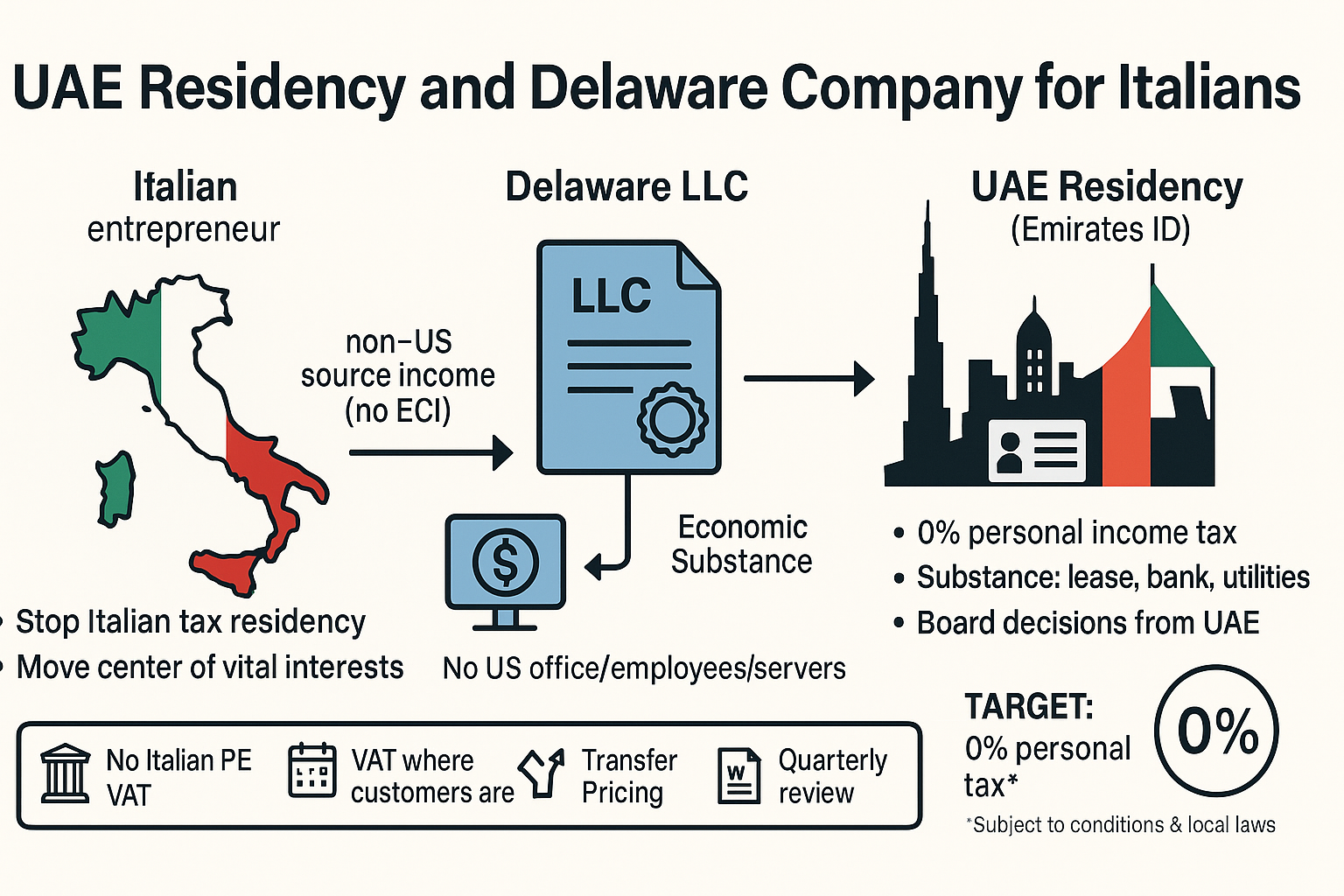Introduction
Hong Kong is considered one of the best jurisdictions in the world to start a business. The environment is extremely favorable: the incorporation process is fast and simple with moderate costs. Thanks to the “One Country, Two Systems” principle, Hong Kong maintains its own legal framework and currency, independent from mainland China, ensuring no restrictions on foreign ownership and free movement of capital, people, and information. English is an official business language, simplifying international communications. According to the IMD, Hong Kong ranks among the most competitive economies in the world, especially for regulatory transparency and financial stability. Additionally, there is no VAT or customs duties (free port), meaning imports and exports are not taxed. These advantages make starting a company in Hong Kong extremely attractive for both local and international businesses seeking a strategic hub in Asia.
Choosing a Company Name and Registering the Business
The first step is selecting a unique name for your company. It must not duplicate any existing registered entity; we recommend conducting a preliminary name search in the official business name database. Trademark conflicts should also be avoided, as infringing names will be rejected without refund of the registration fee.
Once the name is chosen, the registration is filed with the Companies Registry. You must submit form NNC1 (or NNC1G for guarantee companies), along with the Memorandum and Articles of Association, and the tax registration form (IRBR1). Once approved, you will receive the Certificate of Incorporation and Business Registration Certificate, in either electronic format (within 1 hour) or hard copy (within a few days).
Opening a Local Bank Account
After incorporation, you’ll need to open a corporate bank account in Hong Kong. Local banks (e.g., HSBC, Standard Chartered, Bank of China Hong Kong) offer multi-currency accounts that allow holding HKD, USD, EUR, and other currencies simultaneously in one account. This streamlines international transactions and allows low-cost currency conversion.
While the process seems straightforward, in practice it requires time and documentation. Banks often require an initial deposit and in-depth anti-money laundering checks; identities and residential information of all beneficial owners must be disclosed. Expect the process to take 2–3 weeks, sometimes up to 6–8. Generally, at least one director must visit the branch in person to sign documents and complete the KYC process.
Thanks to these rigorous standards, Hong Kong banks are among the most reliable globally, offering high security and advanced digital services. With the proper documents (incorporation papers, ID of directors, business plan, bank reference), even foreign-owned companies can navigate the process smoothly.
Hiring Employees
Hong Kong offers a wide pool of skilled, multilingual workers (Cantonese, English, Mandarin) accustomed to a business-friendly environment. The legal framework is clear and protects both businesses and employees. The Employment Ordinance defines rules on contracts, working hours, termination, and compensation.
Each employee is entitled to mandatory pension contributions (MPF) from the employer. Foreign entrepreneurs should consider Employer of Record (EOR) solutions: local firms that employ staff on your behalf, handle salaries, taxes, and compliance—ideal if you want to operate before setting up a physical office.
All employers must also be aware of visa requirements: foreign workers will need valid employment visas. Thanks to its transparency and ease of hiring, Hong Kong remains an attractive hub for international employers.
Taxation in Hong Kong
Hong Kong’s tax system is one of the most advantageous in the world, based on the territorial principle: only income derived from Hong Kong activities is taxed.
In practice, foreign income is not taxed locally, nor are capital gains. The corporate tax rate is extremely competitive: 8.25% on the first 2 million HKD profit, and 16.5% thereafter.
There are no taxes on dividends, interest, or capital gains for non-residents, nor any VAT or import/export taxes due to its free-port status. These fiscal conditions make Hong Kong a prime base for international operations, offering both low local taxation and exemption from double taxation on foreign income.
Entrepreneur Visa Application
Foreigners looking to start a business in Hong Kong must apply for an “Investment as Entrepreneur” visa under the General Employment Policy (GEP).
To qualify, the applicant must have a strong background (degree or proven experience) and a serious business plan. This includes a detailed market analysis, financial projections, and operational strategy. Supporting documents must prove that sufficient capital is available to fund the business.
Authorities assess the expected contribution to Hong Kong’s economy: turnover, investment, and local job creation. Startups may qualify more easily if supported by a recognized incubator or program.
In summary, the entrepreneur must demonstrate their business will positively impact Hong Kong. Once approved, the Immigration Department grants the visa, allowing residence and work rights to run the business.
Common Challenges and How to Overcome Them
- Name availability and paperwork: Your business name must be unique and follow Companies Registry rules. Use the official name search tool and check trademarks before submitting. If rejected, the fee is non-refundable.
- Requirement for a local Company Secretary: A Hong Kong resident (individual or licensed company) must be appointed. The sole director cannot act as secretary. Choose a qualified partner early.
- Bank account opening: Requires in-person visit, proper documentation (incorporation, resolution, shareholder IDs, business plan), and preparation. Choose a bank based on service speed and support.
- Visa requirements: Preparing a complete visa application is crucial: strong business plan, CV, financial proof. Many fail due to lack of detail. Use experts like Elite Consulting to get it right.
- Legal and tax compliance: You must file annual returns, employee MPF contributions, and accounts. A local accountant ensures you stay compliant and avoid penalties.
Why Choose Elite Consulting
Partnering with Elite Consulting makes the entire process effortless. From name selection to incorporation, from opening a bank account to hiring staff and securing your entrepreneur visa, we handle everything.
With us, you’ll avoid legal pitfalls, delays, or documentation errors. Our experienced team prepares, reviews, and submits all required forms, communicates with authorities and banks, and ensures full regulatory compliance.
We offer tailored guidance to help you focus on what matters—growing your business. For personalized assistance and a smooth start in Hong Kong, contact us today at: https://eliteconsultingclub.com/go/notasse.








